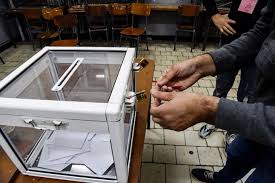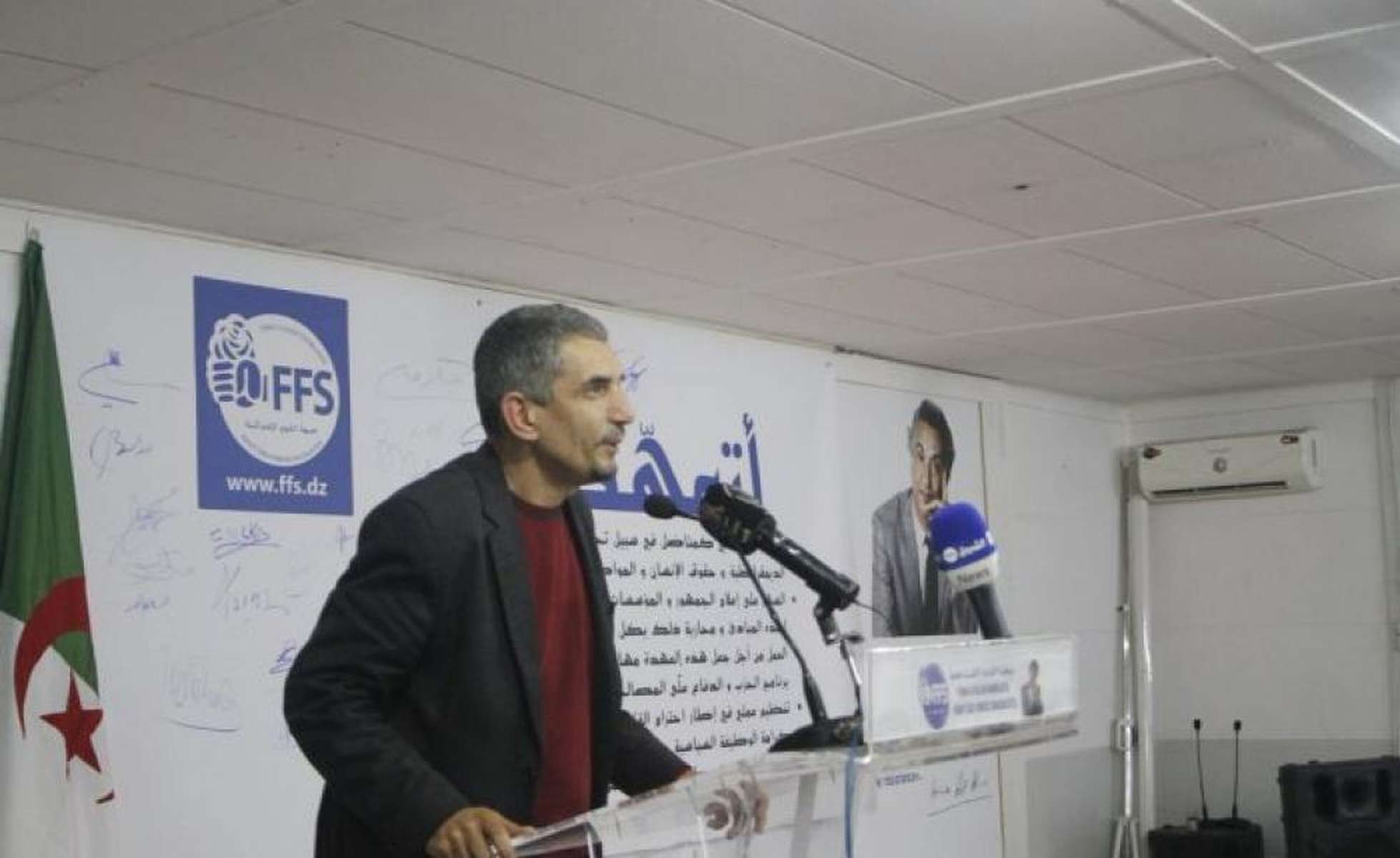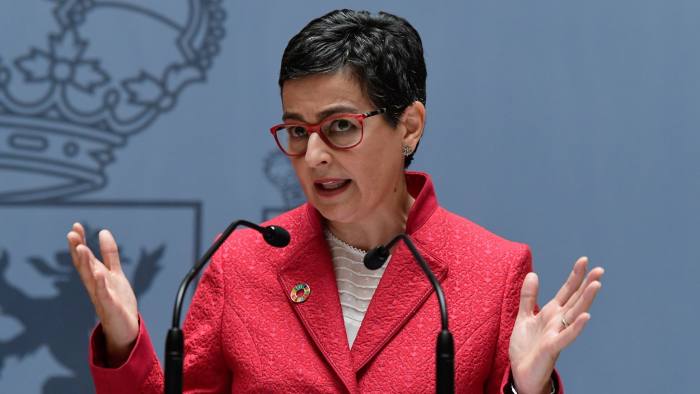 The Algerian people has sent a strong message of regime rejection by abstaining from a plebiscite on constitutional reform which had only a turnout of 23.7%, Algeria’s lowest ever for a major poll.
The Algerian people has sent a strong message of regime rejection by abstaining from a plebiscite on constitutional reform which had only a turnout of 23.7%, Algeria’s lowest ever for a major poll.
The snub from the November 1 constitutional referendum, coupled with the worrying state of health of the President, plunges Algeria into a new era of uncertainty and opens door to all assumptions.
The “rendezvous with history” promised by Abdelmadjid Tebboune has turned out in an unprecedented fiasco.
With a low turnout of around 23.7% out of an electoral body of 24 million souls, the referendum result therefore becomes null and void. This turnout, the lowest in a ballot in Algeria since its independence in 1962, is actually the disavowal of the regime and a real humiliation for Abdelmadjid Tebboune.
Elected under special conditions – with a 39.8% turnout in the December 2019 presidential election- Tebboune was betting on this referendum to gain some kind of legitimacy.
However, the winner of the polls is this bitter show of dissent for the President and his regime, whose social base is collapsing. The Algerian people can no longer be lured. Despite the regime’s mobilization efforts through the involvement of the audio-visual media, the government members, and the so-called civil society NGOs, the traditional customers did not show up at the polling stations.
The voters rather heeded Hirak militants, who, along political groups united around the Pact for the Democratic Alternative (PAD), called for boycotting the referendum, describing the proposed constitutional changes as a “facade” of change and ascosmetic measures aiming to give the army more powers.
This clear-cut rejection of Tebboune’s unilaterally drawn roadmap is seen by analysts as a “red card” brandished in the face of the Algerian regime, and a consummated divorce between the leaders and the population.
It now seems difficult to imagine how an Abdelmadjid Tebboune, affected by the after-effects of Covid-19 and by a stroke he reportedly suffered, can implement his so-called reform agenda in a country facing many uncertainties and challenges, on top of which a deep economic crisis.


